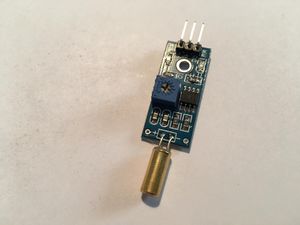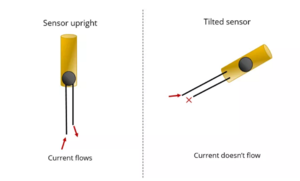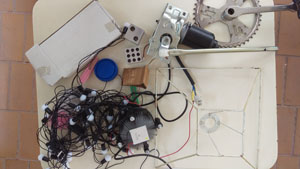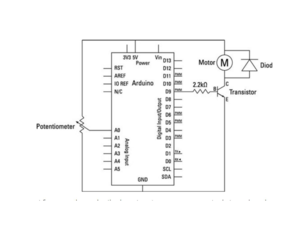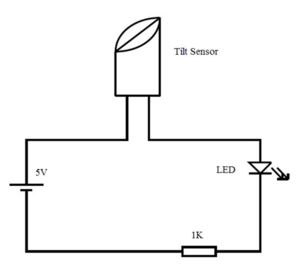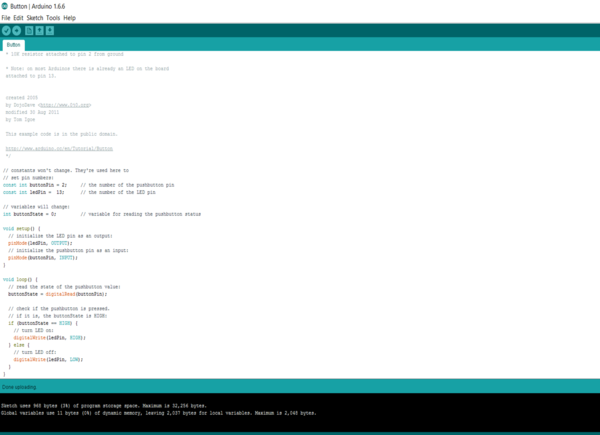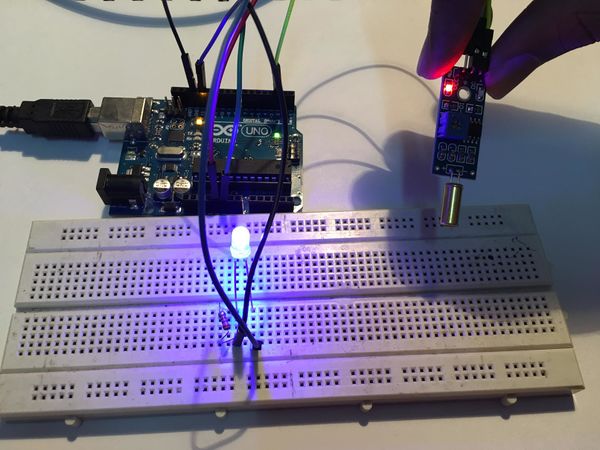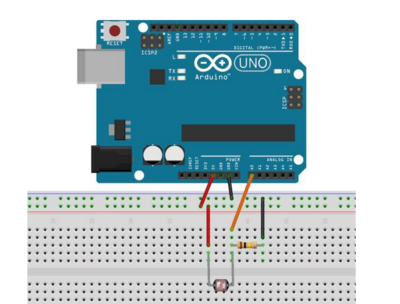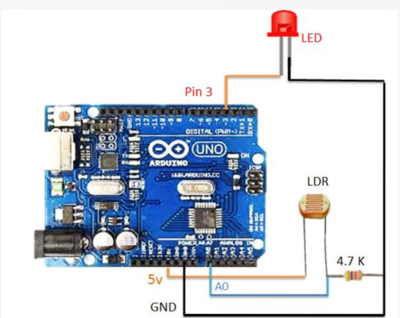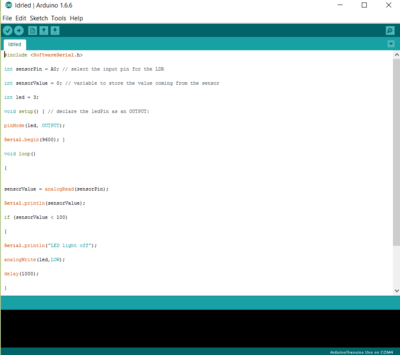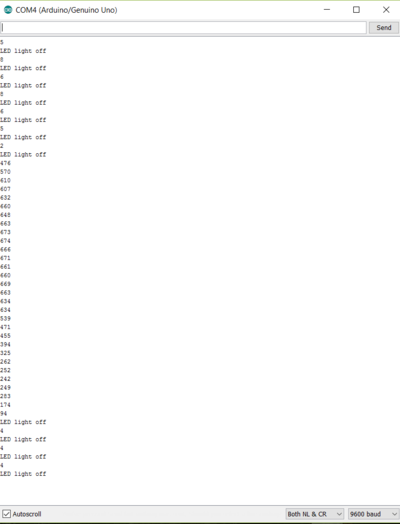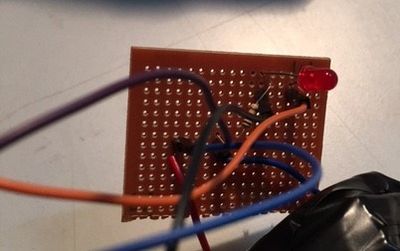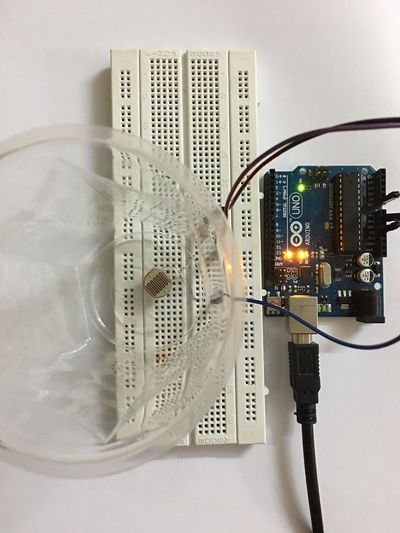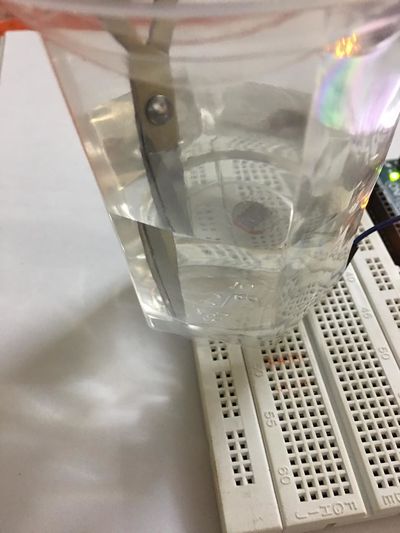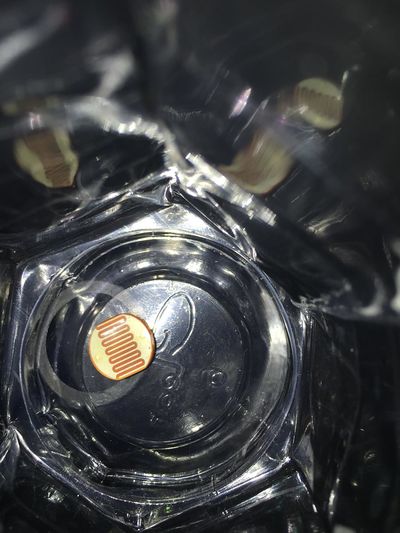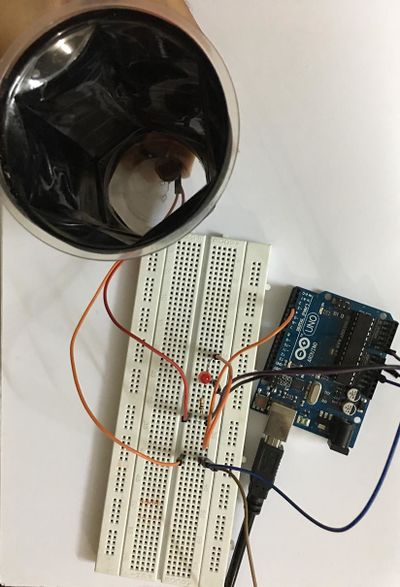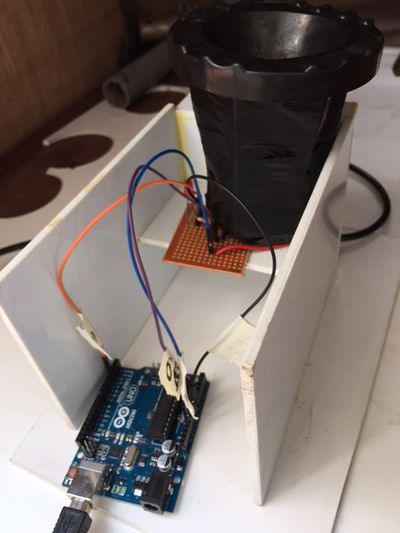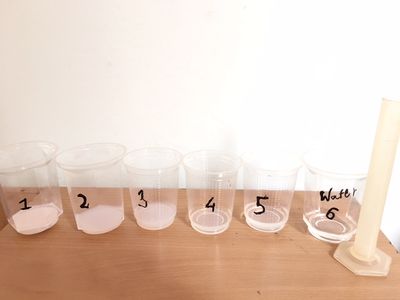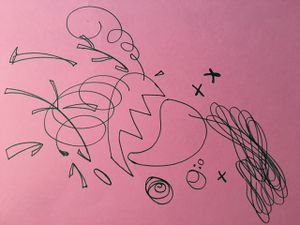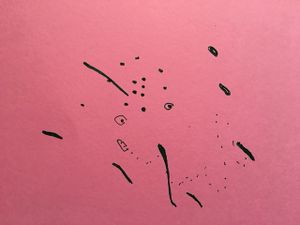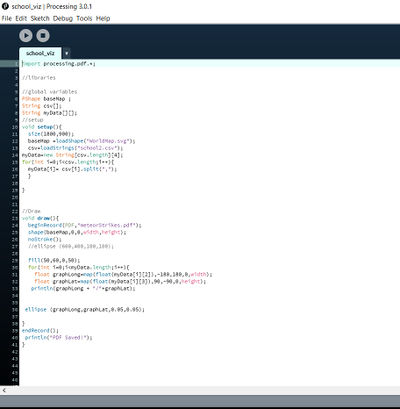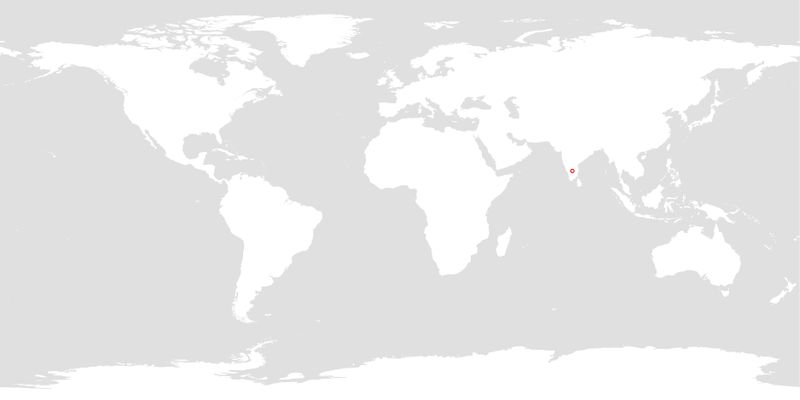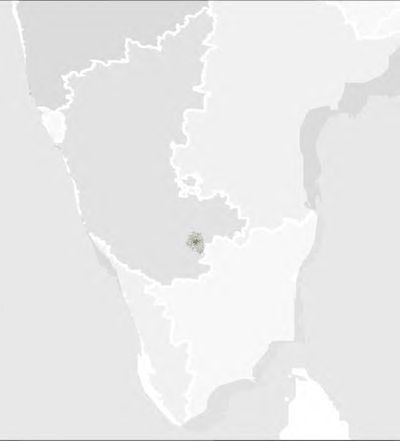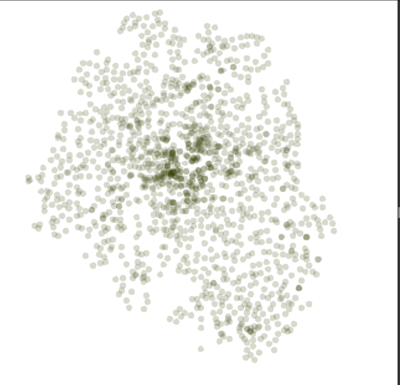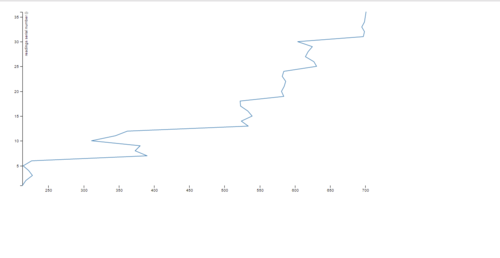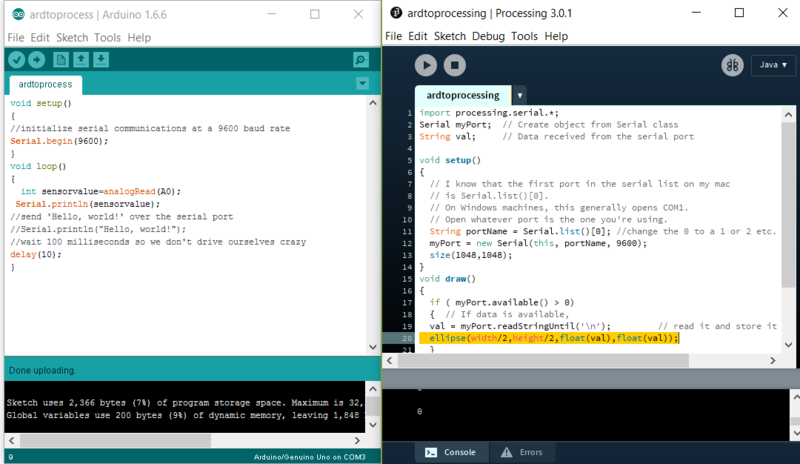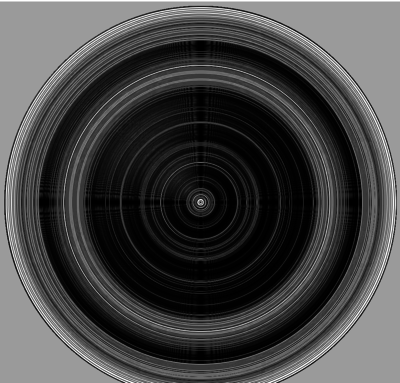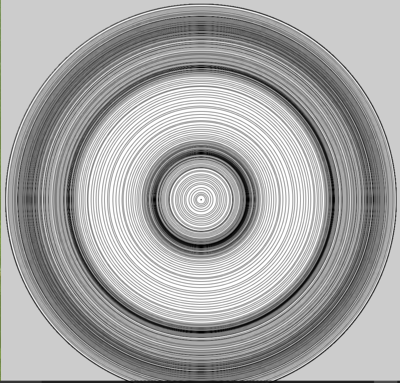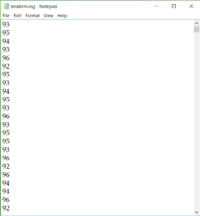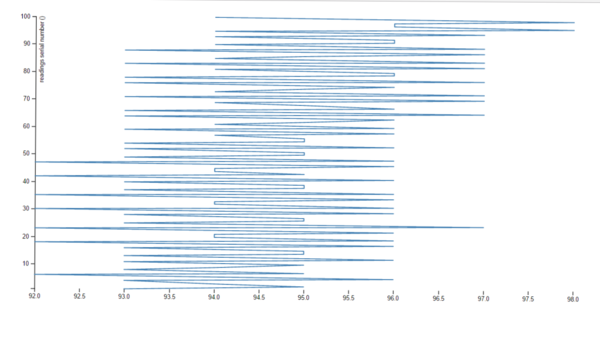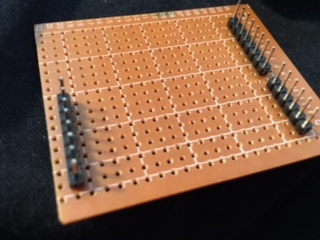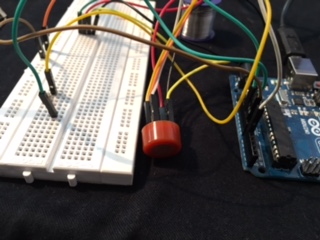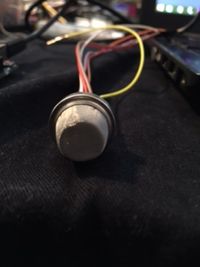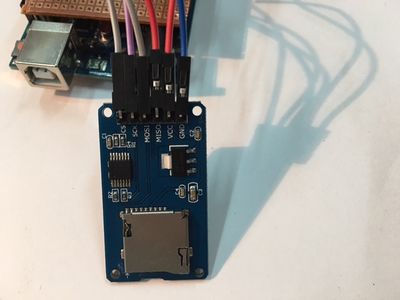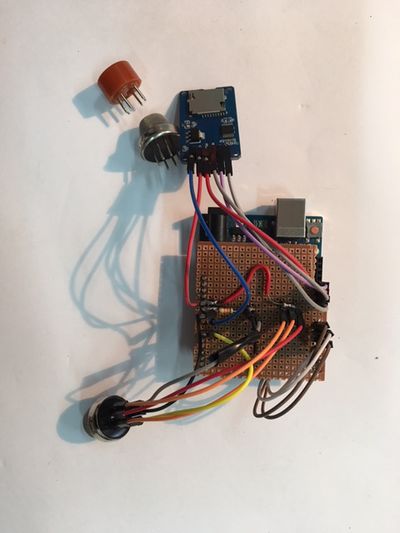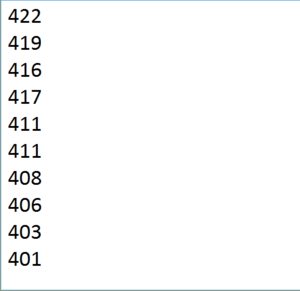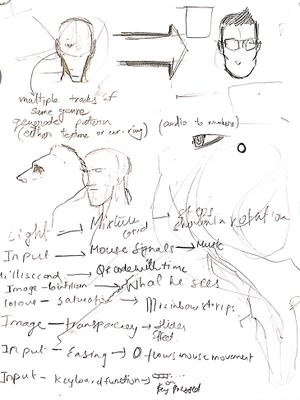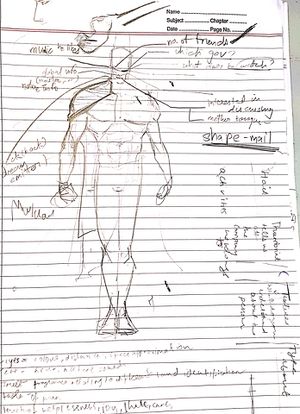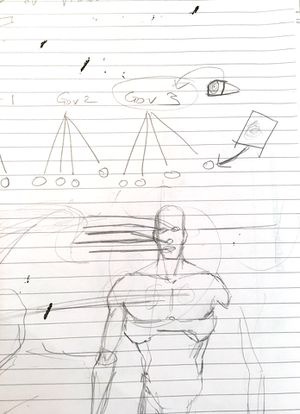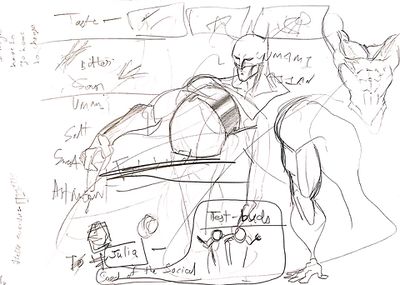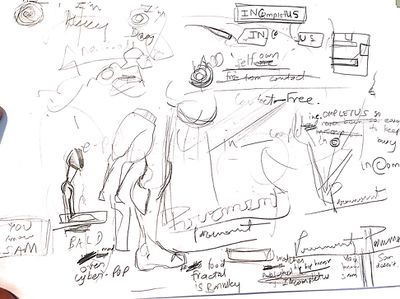Difference between revisions of "Meera Sanghani"
(→Ideation) |
|||
| (34 intermediate revisions by one user not shown) | |||
| Line 6: | Line 6: | ||
'''Tilt Sensor'''<br> | '''Tilt Sensor'''<br> | ||
A Tilt Sensor or a Tilt Switch is a component that detects orientation of an object. There are different types of tilt sensors based on the axes it can measure. | A Tilt Sensor or a Tilt Switch is a component that detects orientation of an object. There are different types of tilt sensors based on the axes it can measure. | ||
| − | A simple tilt sensor is basically a switch that will turn ON or OFF based angle or orientation of the sensor. Such sensor is useful for single axis tilt detection.[[File:TiltSensor.JPG| 300px | + | A simple tilt sensor is basically a switch that will turn ON or OFF based angle or orientation of the sensor. Such sensor is useful for single axis tilt detection. |
| − | + | ||
| + | [[File:TiltSensor.JPG| 300px]]<br> | ||
| + | ===How does it work?=== | ||
The tilt sensor is cylindrical and contains a free conductive rolling ball inside with two conductive elements (poles) beneath. | The tilt sensor is cylindrical and contains a free conductive rolling ball inside with two conductive elements (poles) beneath. | ||
When the sensor is completely upright, the ball falls to the bottom of the sensor and connects the poles, allowing the current to flow. | When the sensor is completely upright, the ball falls to the bottom of the sensor and connects the poles, allowing the current to flow. | ||
When the sensor is tilted, the ball doesn’t touch the poles, the circuit is open, and the current doesn’t flow. | When the sensor is tilted, the ball doesn’t touch the poles, the circuit is open, and the current doesn’t flow. | ||
| − | This way, the tilt sensor acts like a switch that is turned on or off depending on its inclination. So, it will give digital information to the Arduino, either a HIGH or a LOW signal. <br>[[File:Tiltsensorwired.JPG| | + | This way, the tilt sensor acts like a switch that is turned on or off depending on its inclination. So, it will give digital information to the Arduino, either a HIGH or a LOW signal. <br>[[File:Tiltsensorwired.JPG| 300px]] |
| − | [[File:Tilt sensor.png| 300px | + | [[File:Tilt sensor.png| 300px|]] |
<br> | <br> | ||
<p> | <p> | ||
| Line 23: | Line 25: | ||
| − | Materials Used<br> | + | ===Materials Used=== |
| − | + | *Arduino,<br> | |
| − | Bread board, | + | *Bread board,<br> |
| − | Led/buzzer, | + | *Led/buzzer,<br> |
| − | Tilt sensor module, | + | *Tilt sensor module,<br> |
| − | + | *Jumper wires<br> | |
| − | <br> | + | |
| − | <br> | + | |
<br> | <br> | ||
| − | + | [[File:Materials.jpg|300px|]]<br> | |
| − | + | [[File:Circuit.png|300px|]]<br> | |
| − | + | [[File:Circuit diagram.png|300px|]]<br> | |
| − | + | ||
| − | + | ||
| − | [[File:Materials.jpg|300px | + | |
| − | [[File:Circuit.png|300px | + | |
| − | [[File:Circuit diagram.png|300px | + | |
| − | [[File:Code.png| 600px| | + | [[File:Code.png| 600px| ]] |
<br> | <br> | ||
| − | [[File:Tiltsensor.JPG| 600px| | + | [[File:Tiltsensor.JPG| 600px|]] |
== Turbidity Sensor == | == Turbidity Sensor == | ||
| + | Combining basic LDR circuit with an LED we created a turbidity detector .The essential factor to consider was casing the LDR in darkness. | ||
| + | |||
| + | [[File:Schematic.png|400px| ]] | ||
| + | ===Circuit=== | ||
| + | [[File:Led circuit.png| 400px| ]] | ||
| + | ===Arduino Code === | ||
| + | [[File:Code turbidity.png| 400px]] | ||
| + | ===Serial Reading=== | ||
| + | [[File:Serial moniter.png| 400px]] | ||
| + | ===Construction of the meter=== | ||
| + | |||
| + | [[File:Turbiditypcb.JPG|400px]] | ||
| + | |||
| + | [[File:Meera turbidity1.JPG| 400px]] | ||
| + | |||
| + | [[File:Meeraturbidity1.2.JPG| 400px]] | ||
| + | |||
| + | [[File:MeeraTurbidity2.JPG| 400px]] | ||
| + | |||
| + | [[File:MeeraTurbidity4.JPG| 400px]] | ||
| + | ===Turbidity Meter Calibration=== | ||
| + | [[File:TurbidityMetercasing.JPG| 400px]]<br> | ||
| + | |||
| + | |||
| + | Further, the circuit was soldered on to a PCB and cased with sunboard. Calibrating the meter requires successive dilution of samples. Milk is diluted with water and readings are gathered in a dark area. | ||
| + | Starting with 25 ml of a sample we did a five fold dilution where the maximum concentration of milk resulted in a reading of approx 220 units and maximum dilution approached 700 units. | ||
| + | |||
| + | |||
| + | [[File:Meera samples.JPG| 400px]]<br> | ||
| + | The average of serial monitor readings was plotted against level of dilution in the five fold dilution process (starting from 25 on Y axis and going 5 units lesser for the next dilution and so on).<br> | ||
| + | [[File:Akshaygraphdilution.jpg| 900px]] | ||
| + | |||
| + | ==CYBORG== | ||
| + | The visualisation depicts the two sides of a cyborg -the emotional and mechanical.The lines are symbolic of mechanical nature on one end and flowy and emotional on the other.The x like structures show the genectic structure while the spiral structure shows the electronic connections.<br> | ||
| + | [[File:Meeracyborg.JPG|300px]]<br> | ||
| + | |||
| + | ==POSTHUMAN== | ||
| + | The visualisation shows the formless,structureless post humans.The image texture is symbolic of soil texture and destruction. It also shows the uncertainity of size and our lens of viewing . | ||
| + | [[File:Posthumanmeera.JPG|300px]]<br> | ||
| + | |||
| + | ==POSTHUMAN CYBORg -ten years from now=== | ||
| + | Here, we had to visualise the intersection of the themes: Cyborg and Posthuman 10 years from now. | ||
| + | We visualised the intersection to be a dystopian age where every individual is a brand by 'it'self and is completely self sufficient for survival. The image shows an example of the 'logo ID' of an individual. It would consist of a unique visual as well as a different bar code that is recognized by others and directly installs that brand's unique language into the viewer's perception. These IDs are produced by different private governments who are 'publishers'. They also tailor sensory hacks which 'Hollywood'izes the world in different styles. So, every person sees everything as beautiful through his branded vision.<br> | ||
| + | [[File:AkshayCYBORGPROHUMAN.jpg|300px]]<br> | ||
| + | |||
| + | |||
| + | ==Database Research== | ||
| + | [http://www.findandtrace.com/mobile-phone-number-database The link] gives an access to karnataka mobile number directory. | ||
| + | |||
| + | [http://openbangalore.org/available-data/This]gives us an access to open bangalore data. | ||
| + | ===Data Visualization=== | ||
| + | The school data available from open data bangalore was used in processing to plot them in an equirectangular world map.<br> | ||
| + | |||
| + | [[File:Codeschools.jpg|400px]] | ||
| + | |||
| + | [[File:Schoolworldmap.jpg|800px]] | ||
| + | |||
| + | [[File:Indiamap.jpg|400px]] | ||
| + | |||
| + | [[File:Schoolzoomin.png|400px]] | ||
| + | |||
| + | ==Line Chart== | ||
| + | Using the serial monitor readings from the turbidity meter,a line chart is created in D3.js. | ||
| + | |||
| + | [[File:Turbidity line chart.png|500px]] | ||
| + | ===Serial Communication=== | ||
| + | The code below allows us to communicate with arduino and processing.It creates a circle whose radius is controlled by a potentiometer in real time. | ||
| + | |||
| + | [[File:Arduinoprocess.png|800px]] | ||
| + | |||
| + | |||
| + | |||
| + | [[File:Ellipse1.png|400px]][[File:Ellipse2.png|400px]] | ||
| + | ===Data Logging for Arduino=== | ||
| + | The task at hand was to figure how to save incoming serial data as a text file.This was done using Tera Term One can set the Connection options to the respective Arduino COM port and hit "Connect". This shall start showing the data stream from that port.File-Log allows us to start recording . | ||
| + | I recorded the LDR readings and plotted them. | ||
| + | |||
| + | [[File:Screenshot (414).png|200px]] | ||
| + | |||
| + | [[File:Ldrgraph.png|600px]] | ||
| + | |||
| + | ===Arduino Shield and Gas Sensor=== | ||
| + | Arduino Shield was made on a pcb and sd card module and gas sensor were connected.The sd card module helped store the serial monitor readings in a text file. | ||
| + | |||
| + | [[File:IMG 3877.JPG]] | ||
| + | |||
| + | [[File:Alcohol sensor.JPG]] | ||
| + | |||
| + | [[File:Airquality sensor.JPG|200px]] | ||
| + | |||
| + | [[File:Sdcardmodule.JPG|400px]] | ||
| + | |||
| + | [[File:Entirecircuit.JPG|400px]] | ||
| + | |||
| + | [[File:Akshay serialSD.png|300px]] | ||
| + | |||
| + | ===INcompletUS=== | ||
| + | ==Ideation== | ||
| + | A narrative experience that gives an overview of the overwhelming data around us which is simplified to visual inputs through various lenses(technological and otherwise). The limit of this pursuit as well as of the term 'vision' shall be a major theme. | ||
| + | |||
| + | [[File:Meeraideation4.jpeg|300px]] | ||
| + | [[File:Meeraideation5.jpeg|300px]] | ||
| + | [[File:Meera ideation 6.jpeg|300px]] | ||
| + | |||
| + | [[File:Meeraideation1.jpeg|400px]] [[File:MeeraIdeation2.jpeg|400px]] | ||
| + | |||
| + | ==Concept videos== | ||
| + | Carrying forward inspiration from the posthuman activity and moving away from letting the tool define the outcome, we thought of a narrative where data will be at the center of everything to such an extent that human interaction is stunted as a farce for environmental purposes. Every government is a brand publisher and every individual is a brand in himself. Communication is completely visual but the five senses have been boiled down to receiving visual input. AR is the new vision and all are beautifully hollywoodized versions of the data they consume on a daily basic. It is partly a commentary on over consumption of media, its numbing effect and the blurred boundary between qualitative visuals and the quantitative numbers behind them. | ||
| + | |||
| + | The concept examples were done in a form of combining advertisements and generative art with branding that suggested ulterior motives: | ||
| + | |||
| + | [https://vimeo.com/212260522 Project INcompletUS Concept]:<br> | ||
| + | This video gives an overview of the concept of Project INcompletUS. In a datacentric universe, different communicators | ||
| + | distribute peoples' information visually, nullifying any need for conversation. The system modifies perception of users to | ||
| + | 'hollywoodize' life in a way.<br><br> | ||
| + | |||
| + | [https://vimeo.com/212260035 INcompletUS]:<br> | ||
| + | INcompletUS is a fictional organization which caters to augmenting humans in a way that lets them know everything about | ||
| + | each other beforehand. The elimination of talk and provisions for overcunsumption of media creates a 'social' fabric of apathy | ||
| + | and stagnation. By taking away all purpose through its eyewash techniques of visual data, it makes everyone feel complete | ||
| + | when they aren't. | ||
| + | |||
| + | [https://vimeo.com/212262753 Self Own]:<br> | ||
| + | Self-own is a fictional government branch that licenses every 'customer' as a brand. Every government is akin to a media | ||
| + | production house delivering exclusive content to its 'dreamers'. To secure this exclusivity, it grants them dynamic IDs which can | ||
| + | interact within a domain only. People can interact with third-party government profiles but cannot extract content from them. | ||
| + | The trade is only in the form of edited dreams, which keep the media business runnning and the people apathetic. | ||
| + | (The 'arc-code' was made in Processing) | ||
| + | |||
| + | [https://vimeo.com/212261087 TEST-BUDS ]:<br> | ||
| + | TEST-BUDS is a fictional vegetable vendor that creates fractal food. Popularly, a cauliflower is believed to correspond to a | ||
| + | fractal. Here, it is the other way round- vegetables are purposefully grown in an identifiable fractal so data can be easily | ||
| + | gathered regarding public consumption of the same. This can be further tweaked to push only those vegetables that nourish | ||
| + | the body and make it more aesthetic (and easily augment it for virtual viewing). | ||
| + | (The hexagonal visual was made in Processing and is inspired from the categorization of taste in six values including | ||
| + | astringency). | ||
Latest revision as of 10:19, 8 April 2017
Challenge Accepted
Task:Use motors
In the previous course the only encounter with motors was using them with a module and arduino. Transistors and diode circuits I hadn't touched upon. I had experimented with Unity and serial communication. I thought of creating something dance oriented but since we weren't having accelerometers but we're using motors there was a change of plans. The LDR circuit couldn't be easily stitched with the diode circuit just like two libraries being fused in the IDE. So we moved ahead with the potentiometer and remade the circuit in a compact format. As a consumer product I feel it can be a valuable addition to an artist's toolset. I expect to figure out the coding back end more smoothly through this course while keeping the sensor interaction simple.
Contents
Sensors
Tilt Sensor
A Tilt Sensor or a Tilt Switch is a component that detects orientation of an object. There are different types of tilt sensors based on the axes it can measure.
A simple tilt sensor is basically a switch that will turn ON or OFF based angle or orientation of the sensor. Such sensor is useful for single axis tilt detection.
How does it work?
The tilt sensor is cylindrical and contains a free conductive rolling ball inside with two conductive elements (poles) beneath.
When the sensor is completely upright, the ball falls to the bottom of the sensor and connects the poles, allowing the current to flow.
When the sensor is tilted, the ball doesn’t touch the poles, the circuit is open, and the current doesn’t flow.
This way, the tilt sensor acts like a switch that is turned on or off depending on its inclination. So, it will give digital information to the Arduino, either a HIGH or a LOW signal. 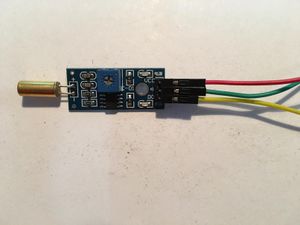
Materials Used
- Arduino,
- Bread board,
- Led/buzzer,
- Tilt sensor module,
- Jumper wires
Turbidity Sensor
Combining basic LDR circuit with an LED we created a turbidity detector .The essential factor to consider was casing the LDR in darkness.
Circuit
Arduino Code
Serial Reading
Construction of the meter
Turbidity Meter Calibration
Further, the circuit was soldered on to a PCB and cased with sunboard. Calibrating the meter requires successive dilution of samples. Milk is diluted with water and readings are gathered in a dark area.
Starting with 25 ml of a sample we did a five fold dilution where the maximum concentration of milk resulted in a reading of approx 220 units and maximum dilution approached 700 units.
The average of serial monitor readings was plotted against level of dilution in the five fold dilution process (starting from 25 on Y axis and going 5 units lesser for the next dilution and so on).

CYBORG
The visualisation depicts the two sides of a cyborg -the emotional and mechanical.The lines are symbolic of mechanical nature on one end and flowy and emotional on the other.The x like structures show the genectic structure while the spiral structure shows the electronic connections.
POSTHUMAN
The visualisation shows the formless,structureless post humans.The image texture is symbolic of soil texture and destruction. It also shows the uncertainity of size and our lens of viewing .
POSTHUMAN CYBORg -ten years from now=
Here, we had to visualise the intersection of the themes: Cyborg and Posthuman 10 years from now.
We visualised the intersection to be a dystopian age where every individual is a brand by 'it'self and is completely self sufficient for survival. The image shows an example of the 'logo ID' of an individual. It would consist of a unique visual as well as a different bar code that is recognized by others and directly installs that brand's unique language into the viewer's perception. These IDs are produced by different private governments who are 'publishers'. They also tailor sensory hacks which 'Hollywood'izes the world in different styles. So, every person sees everything as beautiful through his branded vision.
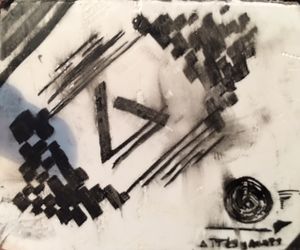
Database Research
The link gives an access to karnataka mobile number directory.
[1]gives us an access to open bangalore data.
Data Visualization
The school data available from open data bangalore was used in processing to plot them in an equirectangular world map.
Line Chart
Using the serial monitor readings from the turbidity meter,a line chart is created in D3.js.
Serial Communication
The code below allows us to communicate with arduino and processing.It creates a circle whose radius is controlled by a potentiometer in real time.
Data Logging for Arduino
The task at hand was to figure how to save incoming serial data as a text file.This was done using Tera Term One can set the Connection options to the respective Arduino COM port and hit "Connect". This shall start showing the data stream from that port.File-Log allows us to start recording . I recorded the LDR readings and plotted them.
Arduino Shield and Gas Sensor
Arduino Shield was made on a pcb and sd card module and gas sensor were connected.The sd card module helped store the serial monitor readings in a text file.
INcompletUS
Ideation
A narrative experience that gives an overview of the overwhelming data around us which is simplified to visual inputs through various lenses(technological and otherwise). The limit of this pursuit as well as of the term 'vision' shall be a major theme.
Concept videos
Carrying forward inspiration from the posthuman activity and moving away from letting the tool define the outcome, we thought of a narrative where data will be at the center of everything to such an extent that human interaction is stunted as a farce for environmental purposes. Every government is a brand publisher and every individual is a brand in himself. Communication is completely visual but the five senses have been boiled down to receiving visual input. AR is the new vision and all are beautifully hollywoodized versions of the data they consume on a daily basic. It is partly a commentary on over consumption of media, its numbing effect and the blurred boundary between qualitative visuals and the quantitative numbers behind them.
The concept examples were done in a form of combining advertisements and generative art with branding that suggested ulterior motives:
Project INcompletUS Concept:
This video gives an overview of the concept of Project INcompletUS. In a datacentric universe, different communicators
distribute peoples' information visually, nullifying any need for conversation. The system modifies perception of users to
'hollywoodize' life in a way.
INcompletUS:
INcompletUS is a fictional organization which caters to augmenting humans in a way that lets them know everything about
each other beforehand. The elimination of talk and provisions for overcunsumption of media creates a 'social' fabric of apathy
and stagnation. By taking away all purpose through its eyewash techniques of visual data, it makes everyone feel complete
when they aren't.
Self Own:
Self-own is a fictional government branch that licenses every 'customer' as a brand. Every government is akin to a media
production house delivering exclusive content to its 'dreamers'. To secure this exclusivity, it grants them dynamic IDs which can
interact within a domain only. People can interact with third-party government profiles but cannot extract content from them.
The trade is only in the form of edited dreams, which keep the media business runnning and the people apathetic.
(The 'arc-code' was made in Processing)
TEST-BUDS :
TEST-BUDS is a fictional vegetable vendor that creates fractal food. Popularly, a cauliflower is believed to correspond to a
fractal. Here, it is the other way round- vegetables are purposefully grown in an identifiable fractal so data can be easily
gathered regarding public consumption of the same. This can be further tweaked to push only those vegetables that nourish
the body and make it more aesthetic (and easily augment it for virtual viewing).
(The hexagonal visual was made in Processing and is inspired from the categorization of taste in six values including
